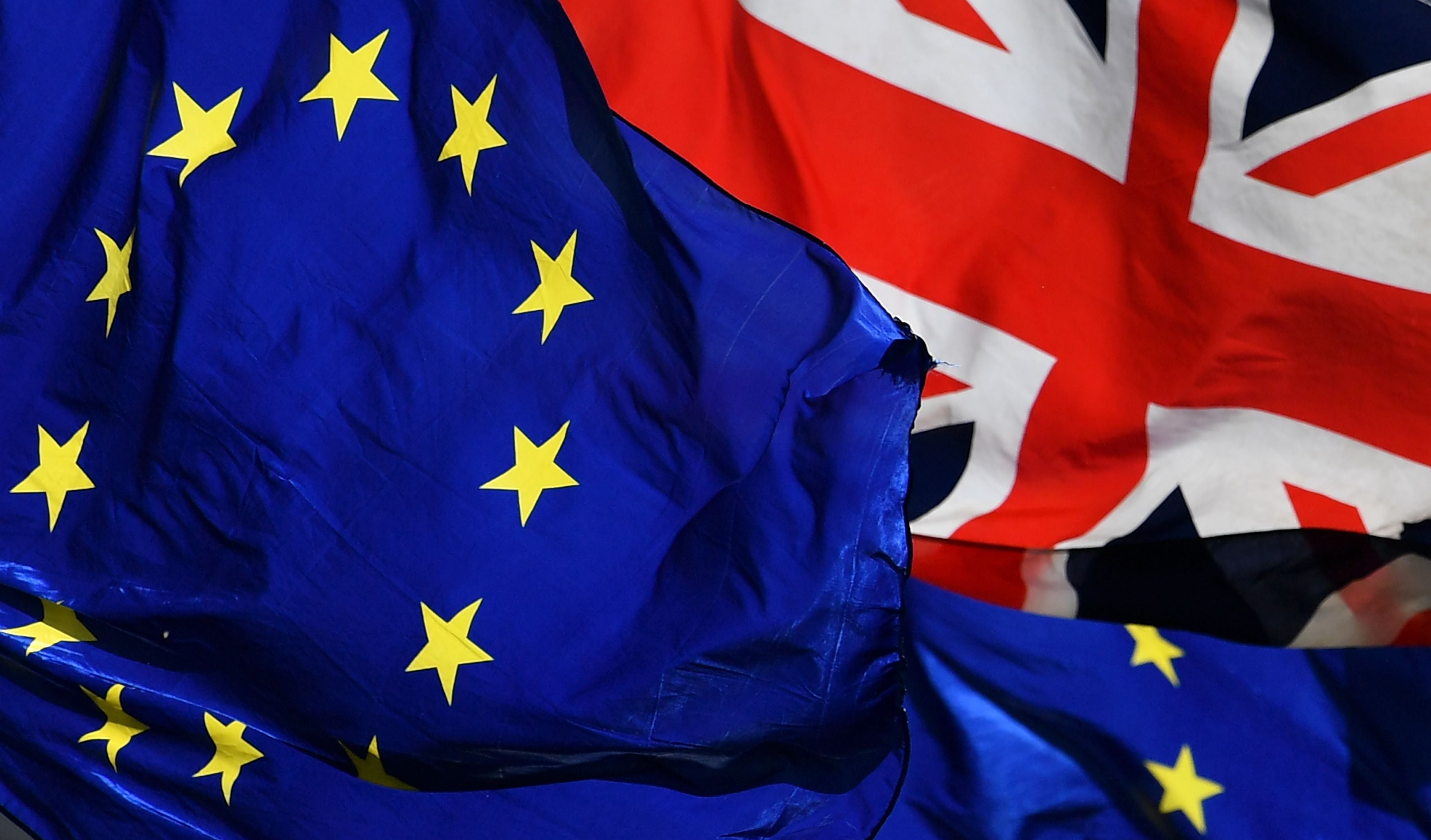UK’s ability to bolster Brexit deal to be hit by ‘career graveyard’ of Brussels work, Boris Johnson warned
Exclusive: ‘Morass’ of future talks looms, but status of EU posting has been ‘downgraded’ – and a brain drain is likely, according to think tank

The UK’s ability to improve on the skeleton Brexit deal will be undermined by a posting in Brussels becoming “a career graveyard”, Boris Johnson is warned today.
The agreement has created a “morass of committees, review dates and discussions” on everything from the crisis in Northern Ireland to rows over fisheries, trade rules and security cooperation, a report says.
But the UK’s muscle in the EU’s capital has been “downgraded” from the most senior civil service level, it warns – after the post of ambassador was replaced with a “head of mission”.
There are already fewer staff in Brussels (65) than in Paris (110) or Berlin (75) – even before a likely brain-drain, as “relations with the EU plummet down the list of political priorities”.
The report, by the UK in a Changing Europe think tank, raises the alarm over what it says is a failure to recognise that the EU will continue to “loom large” over the UK’s post-Brexit world.
“There is a palpable risk that the UK mission will struggle to attract talented civil servants in future,” author Matt Bevington warns.
Read more:
“One of the most attractive features of working in UKRep – being directly involved in negotiations on legislation – no longer exists.”
Highlighting a “knowledge” gap, with it no longer being possible to gather intelligence and lobby for UK interests, Mr Bevington adds: “Without a concerted effort to bolster recruitment, the UK mission could come to be regarded as a career graveyard.
“There is an expectation that it will gradually reduce in size over time due to natural wastage as officials move on.”
The warning comes amid criticism of the prime minister’s refusal to reopen talks on controversies such as security, the plight of exporters and the end of permit-free tours for musicians.
Even the ratification of the deal has been plunged into doubt, with the EU launching legal action over the UK’s alleged breach of the Northern Ireland Protocol.
Released to The Independent, the report, which was compiled after conversations with British former officials in Brussels, concludes that the UK’s failure to punch its weight has been a longstanding weakness.
There has been a “fixation” on member state leaders meeting in the European Council and a “failure to recognise the growing importance of the parliament”, it says.
Crucially, that undermined David Cameron’s attempt to negotiate better membership terms ahead of the 2016 referendum, and expertise was then “sidelined” by Theresa May.
As a partial solution, the report urges political parties and senior MPs to rescue links with counterparts across the Channel.
“The UK has left the EU, but a close and important relationship between the two is inevitable and needs to be maintained,” the study concludes.
“Discussions will continue across a whole range of issues, from fisheries to police cooperation, to customs and social security.
“Managing this morass of committees, review dates and discussions requires some form of central coordination within the UK government. It will require the mobilisation of all the UK’s EU expertise.”
Join our commenting forum
Join thought-provoking conversations, follow other Independent readers and see their replies
Comments
Bookmark popover
Removed from bookmarks